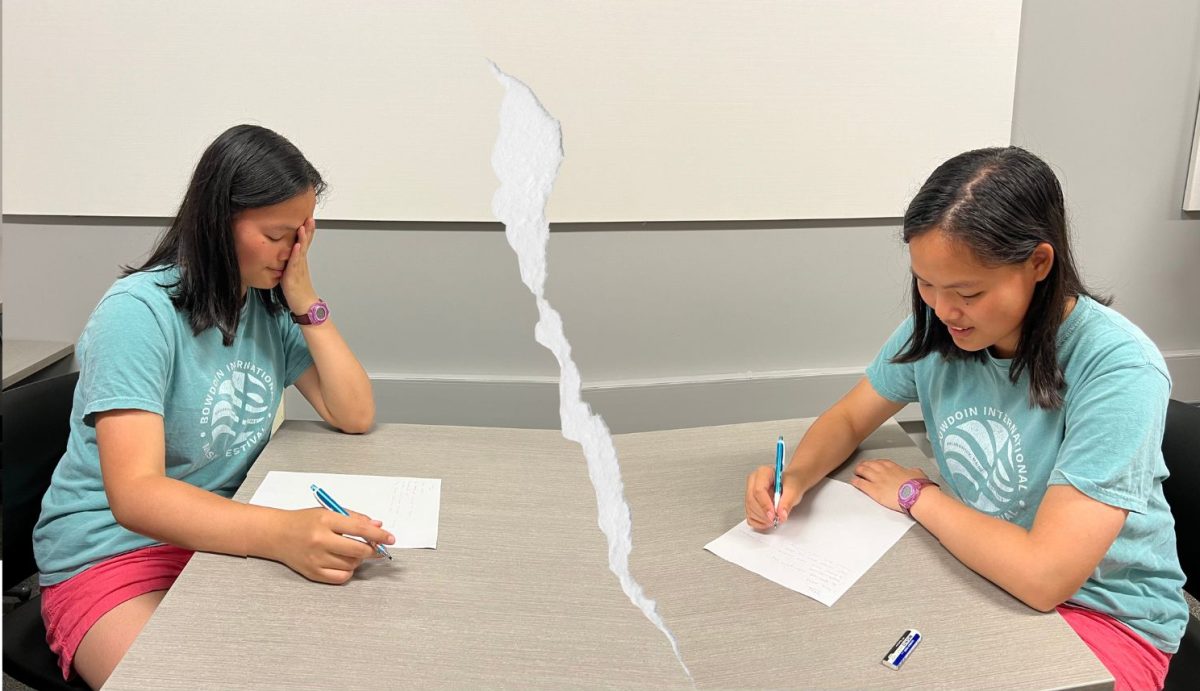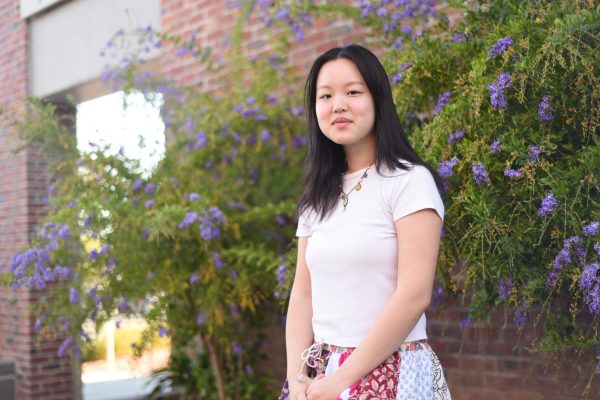For the 2023-2024 school year, MVHS Leadership introduced two new grading policies from Joe Feldman’s book “Grading for Equity” — Reframing Homework and Rubrics — in addition to the three that were introduced the previous school year. Teachers are required to implement at least two of the five grading policies in the coming academic year, though each Professional Learning Community (PLC) of teachers who teach the same course can determine which two work best for their content.
According to principal Ben Clausnitzer, grading policies, along with other reforms, are an effort within PLCSs to work towards crafting more equitable classes. Coherent curriculum — the standardization of courses across different teachers — is also an aim within PLC conversations. However, Ed Code 49066 gives teachers the right to determine their own curriculum, so while administrators and PLCs prefer that teachers who taught the same course can be aligned with each other, they have no control over teachers who do not wish to implement standardized curriculum.
Science teacher and Leadership adviser Kenneth Gan says that when he was in the PLC of freshman Biology teachers, they also strived for course alignment and common grading practices. In order to align courses, PLCs implemented a specific curriculum based on a set of essential learnings across classes to ensure students benefit similarly from the course. Gan acknowledges that teachers differ in teaching styles, leading to different student experiences while taking the same course.
“We’re not all the same person,” Gan said. “In a perfect world, having everyone teach the exact same way would be very beneficial, but that’s not how humans are. The ability to bring your own flair [and] your own style into the classroom is what builds classroom experience [and] community between your students. That’s something that should be appreciated and celebrated — that each teacher has the ability to make their class unique.”
Jha also finds that an unstandardized grading policy is a big issue at MVHS and believes that it causes discrepancies when it comes to difficulty across the same course. She finds it unfair that in certain courses with unstandardized policies, a student’s grade is not based on what they know in classes but rather by the grading policy that the teacher has.
“I think standardizing tests and grading policies is pretty important because I feel like it’s not always fair to some students who have to work a lot harder [to get an A], just because they got [a certain] teacher,” Jha said. “I feel like the A should be worth the same in both classes, and [there should be a] similar amount of students getting an A in both classes.”
Jha believes the equitable grading practices will assuage student anxiety about attending MVHS due to its reputation of having differences in course rigor among different teachers.
“[An equitable grading policy] will make it easier for incoming freshmen and students transferring from other schools, [and] not have an experience based on a lottery system of which teacher they have, but [rather] the classes they’re taking,” Jha said. “[And] if they do take one class, they don’t need to worry about having a different experience than their friend taking the same class, but [with a] different teacher.”
Gan states that a strong push from administrators and efforts from PLCs to produce alignment across classes has already shown promise. However, while Gan agrees that making grading and classes more equitable is important for students, he also believes that teachers need to have freedom in their classes, claiming that a teacher’s creative liberty is vital to the success in a classroom.
“I think teachers inherently have different teaching styles and having to adapt your own teaching style 100% would be very difficult,” Gan said. “I don’t think I would like the profession nearly as much if I didn’t have that autonomy, that freedom to do what I want. At the same time, I do agree [with] the work that is being introduced. I think it’s really important to understand how to make our grading practices and classes more equitable.”
Clausnitzer similarly believes that teaching similar curriculum across courses is important. However, he recognizes that not all teachers teach the same way, making it difficult for the grading system to be consistent. He states it is practically impossible to give students an identical experience because of the difference in teaching styles between each teacher, as well as the difference in opinions within PLCs when it comes to standardizing formative assessments, summative assessments and grading policies.
“Sometimes, we do run into situations where teachers on the teams philosophically have differences,” Clausnitzer said. “Those differences could be around assessments [or] around grading, [but] we work with our instructional department leads, with our assistant principals — us principals might even sometimes tap into curriculum leads throughout the district — [to help work out any differences].”
Regardless of differences in teaching styles, Homestead High School Principal Greg Giglio believes that all teachers share the common goal of helping students grow. He explains that each teacher works hard to refine their curriculum with the intention of benefiting students.
“We work really hard to hire amazing people as our staff, and we have a huge amount of trust in what they do,” Giglio said. “Are they perfect? No. Neither are we. But this is a place where we need to give them the freedom to really figure out what’s best for their kids. I think that’s the beauty of this project.”






















